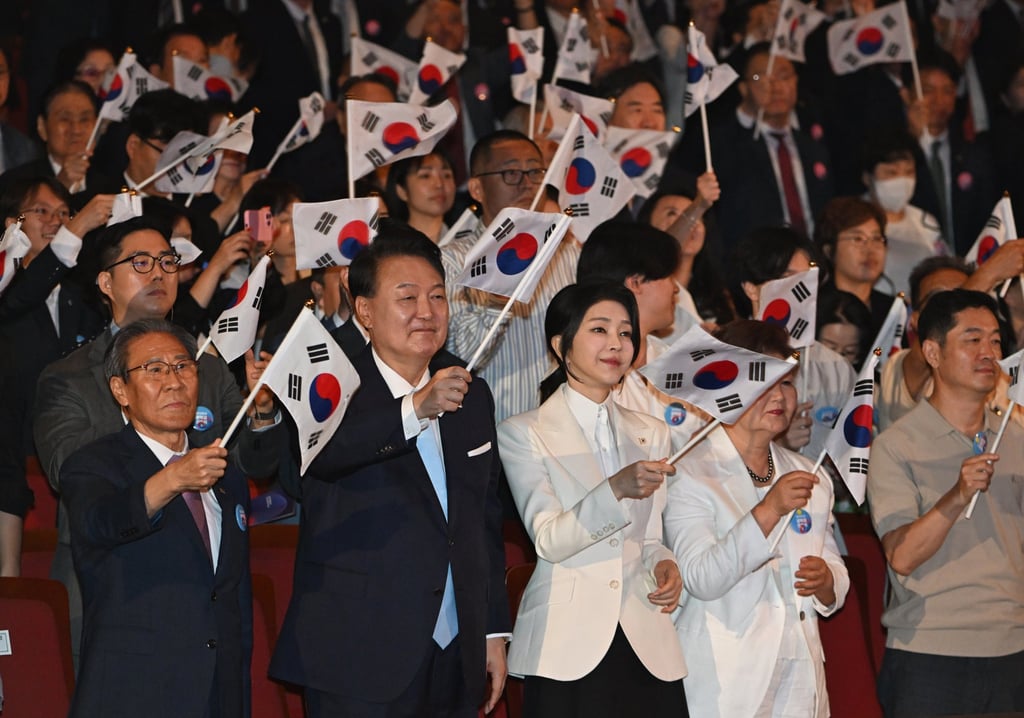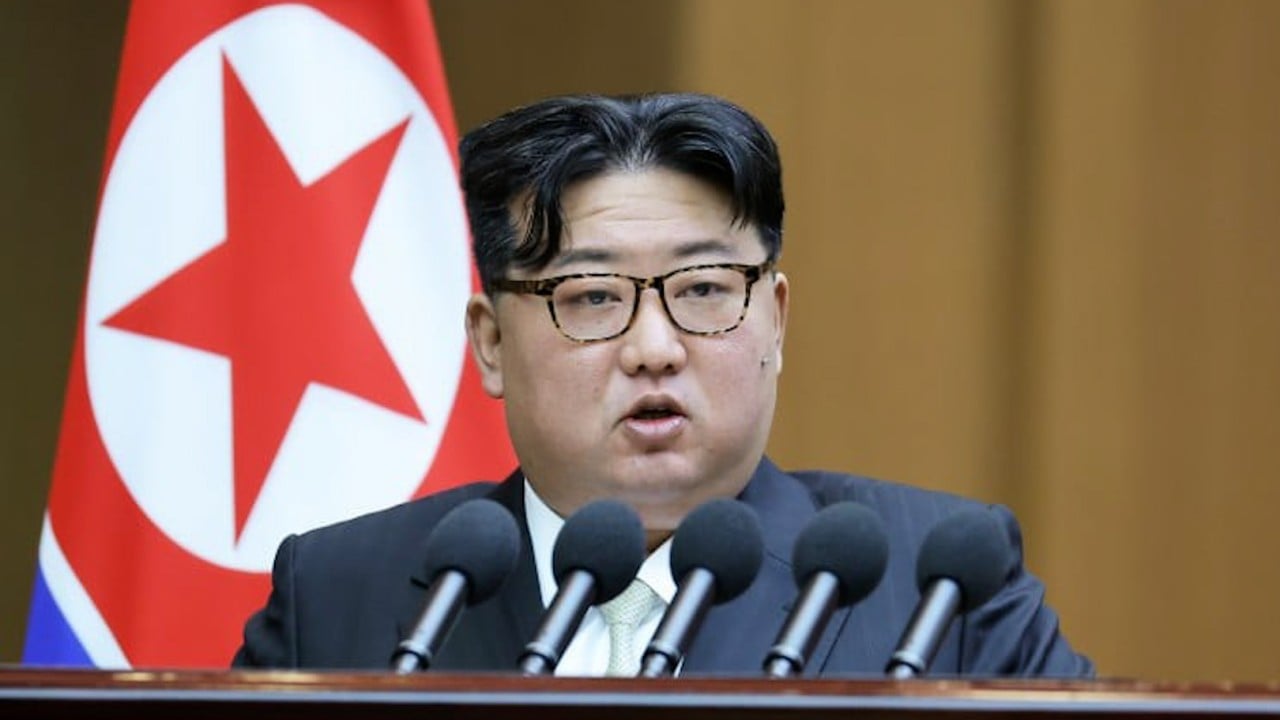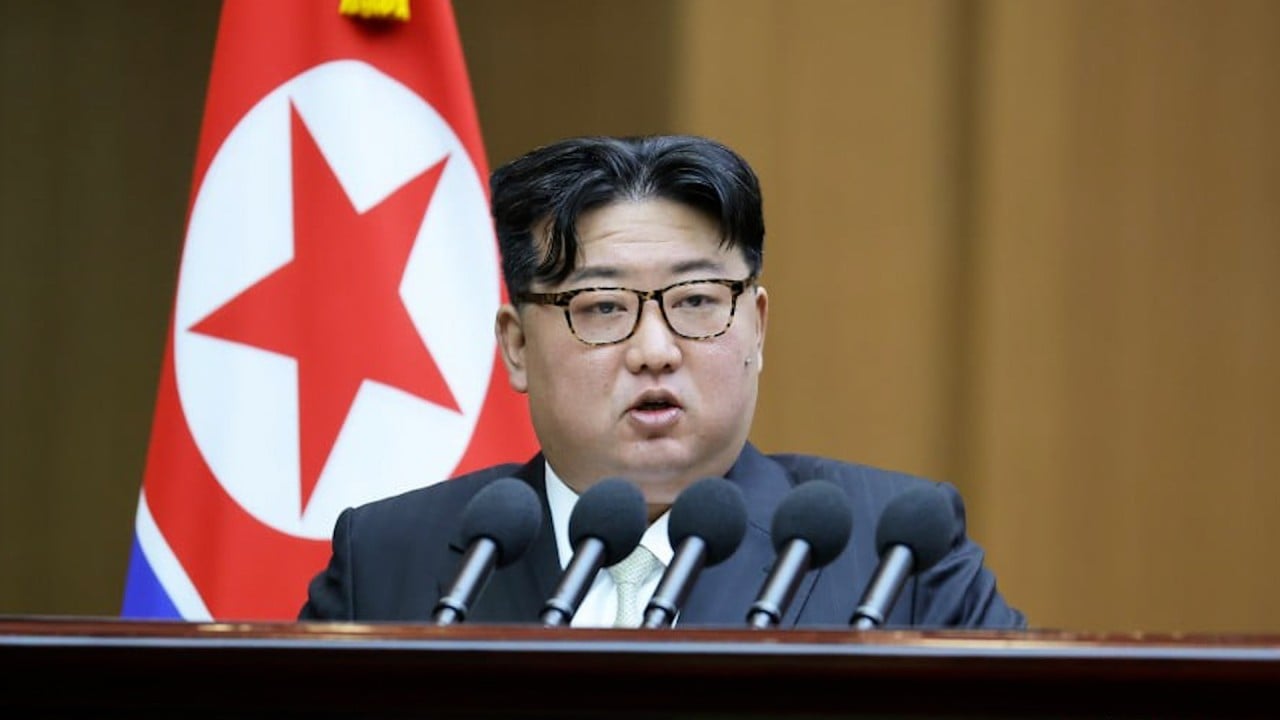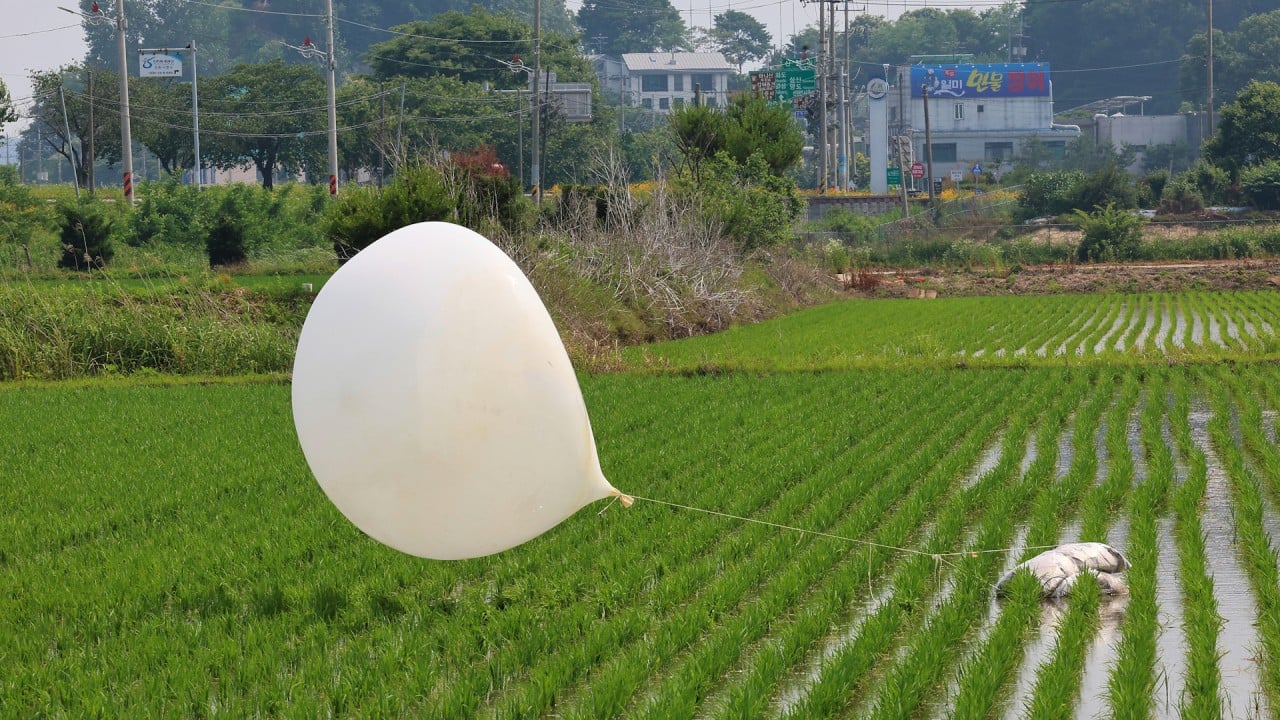On August 15, South Korean President Yoon Suk-yeol unveiled his government’s new approach to unification. While the goal for unification is enshrined in South Korea’s constitution, previous administrations have aimed for a gradual process built on foundations of trust, reconciliation and cooperation. In contrast, Yoon’s policy appears to centre on a singular objective: a unified Korea based on South Korea’s liberal democratic system.
In his Liberation Day speech, Yoon outlined three key tasks to be implemented: defend and further strengthen the value of freedom in South Korea; bring about changes in North Korea through human rights improvements and external information; and expand cooperation with the international community to achieve unification. According to the South Korean president, the goal should be “unification through freedom” and to establish a “free, peaceful and prosperous unified Republic of Korea” (ROK).
In other words, there is no place for North Korean leader Kim Jong-un’s regime in Yoon’s vision of a united Korea, which he referred to as the ROK, South Korea’s official name – explicitly pointing to the absorption of the north.
Realistically, there is no scenario in which the North Korean government would accept such a plan, as it would mean the de facto dissolution of the Kim regime and the entire North Korean political system.
Since Kim abandoned the goal of unification last December, the Yoon administration has doubled down on rhetoric promoting a unified Korean peninsula under the principles of freedom and democracy. But it doesn’t take an expert to realise that Yoon’s new unification doctrine will be flatly rejected by the North as it reinforces Pyongyang’s reason for giving up on unification in the first place.
In January, Kim made clear he would no longer seek unification with the South given the latter’s obsession with “unification by absorption”. Kim accused the Yoon government of “dreaming of the ‘collapse of our government’” and painted North-South relations as between “hostile” and “belligerent” states. North Korea now sees the South as its “invariable principal enemy” and “a foreign country” – not the partner for reconciliation and reunification.
Instead of proving the North wrong, Yoon’s new unification policy is doing the opposite. The policy’s explicit calls for spreading external information in North Korea, increasing human rights monitoring, basing unification on liberal democracy and creating a “unified ROK” all reinforce Kim’s fears that South Korea aims to destroy North Korea’s political system, take over the country and absorb it.
To North Korea, this is not a viable unification plan but a blatant threat to its regime’s survival.
The Unification Ministry in Seoul was quick to refute allegations comparing the president’s new policy to that of unification by absorption. “We seek a gradual and peaceful unification, not unification by absorption,” Unification Minster Kim Yung-ho said last week. The minister also said he believes the North “ will carefully review” the new proposal and called for Pyongyang to reestablish dialogue channels with the South.
But Pyongyang is unlikely to respond in the way Seoul hopes. If North Korea were against unification before, Yoon’s speech would only solidify this position.
Moreover, Pyongyang has made clear it is not interested in any kind of cooperation or exchange with the Yoon government, repeatedly expressing its animosity towards his administration in state-run media by, for example, reporting on calls within South Korea for Yoon’s impeachment.

If South Korea wants any chance at restoring communication with the North, it must take note of what the Kim government has said on issues such as unification and defence. The North’s position has largely remained the same: it will only engage in diplomacy if the United States and South Korea change their “hostile” policies. Yoon’s new unification formula is likely to be perceived as exactly that: hostile.
With inter-Korea relations at a low point, it is unlikely the Koreas will make any progress towards unification any time soon, especially under the Yoon government. Still, the situation on the Korean peninsula could get better or worse depending on the choices made.
For one, the short-term goal should be to de-escalate tensions between the two Koreas, particularly along the border, which has been increasingly volatile in recent months. Seoul must resist the temptation to respond in kind to North Korean provocations, such as the sending of trash balloons, and instead aim to maintain the border as securely as possible. This means the South should refrain from sending its own balloons, conducting live-fire drills near the border and blasting loudspeaker propaganda.
Although unification remains a worthy, long-term ideal, peaceful coexistence should be the aim in the shorter term. This will require words to be matched with corresponding actions, not contradicting ones.
Another major factor that could further complicate or improve the situation on the peninsula is the coming US presidential election. A win by former president Donald Trump could raise the possibility of resumed diplomacy with Pyongyang and a cooling down of inter-Korea tensions. A victory by Vice-President Kamala Harris, on the other hand, could result in the continuation of the status quo and possibly make the return to negotiations even more elusive.
Regardless of who sits in the Oval Office next January, North Korea will always remain South Korea’s main problem. As such, it must focus on defusing tensions and adopting a policy aimed at gradual trust-building and communication with actions that are conducive to building peace, not provoking another war.
Dr Gabriela Bernal is a North Korea analyst based in Seoul, South Korea




